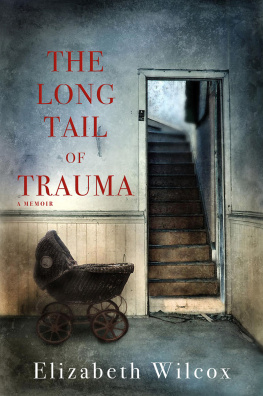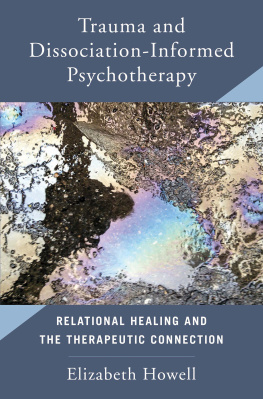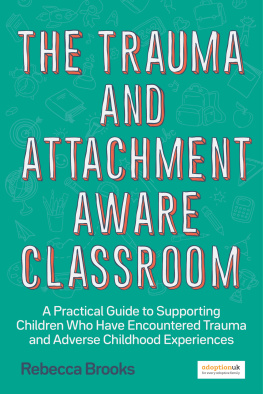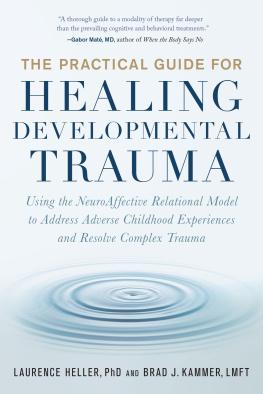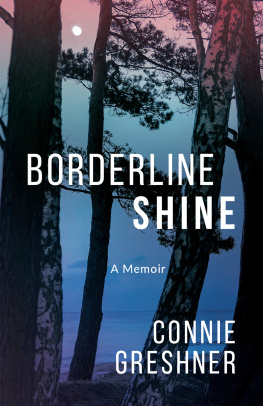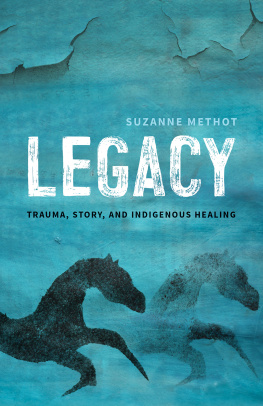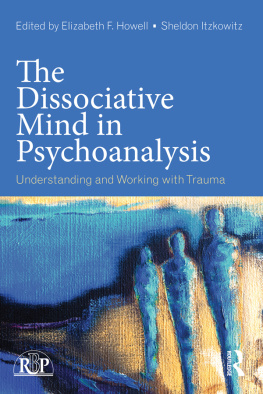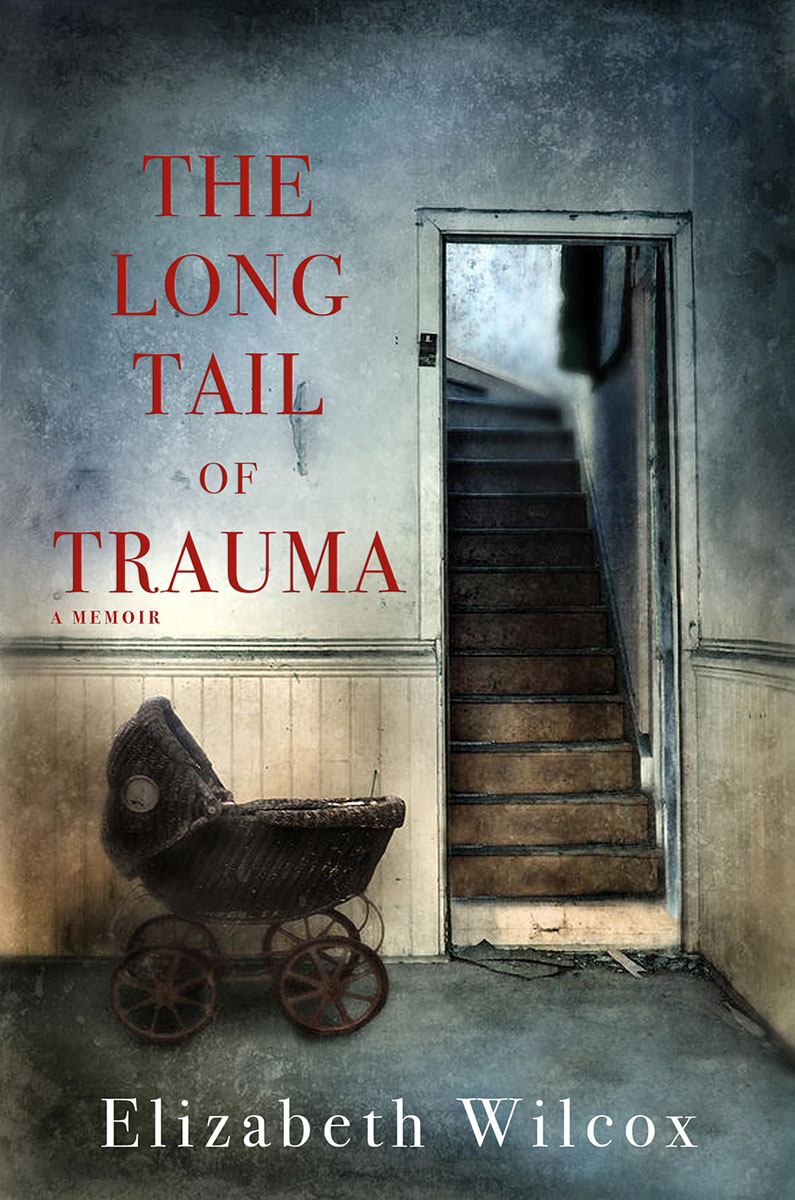

Copyright 2020 by Elizabeth Wilcox
All rights reserved. No part of this book may be reproduced in any form or by any means, electronic or mechanical, including photocopying, recording, or by any information storage and retrieval system, without permission in writing from the publisher.
Printed in the United States
10 9 8 7 6 5 4 3 2 1
Green Writers Press is a Vermont-based publisher whose mission is to spread a message of hope and renewal through the words and images we publish. Throughout we will adhere to our commitment to preserving and protecting the natural resources of the earth. To that end, a percentage of our proceeds will be donated to environmental activist groups and The Southern Poverty Law Foundation. Green Writers Press gratefully acknowledges support from individual donors, friends, and readers to help support the environment and our publishing initiative. Green Place Books curates books that tell literary and compelling stories with a focus on writing about placethese books are more personal stories, memoir, and biographies.

Giving Voice to Writers & Artists Who Will Make the World a Better Place Green Writers Press | Brattleboro, Vermont
www.greenwriterspress.com
ISBN : 978-1-950584-62-8
COVER PHOTO BY JILL BATTAGLIA
COURTESY OF FINE ART AMERICA
PRINTED ON PAPER WITH PULP THAT COMES FROM FSC-CERTIFIED FORESTS, MANAGED FORESTS
THAT GUARANTEE RESPONSIBLE ENVIRONMENTAL, SOCIAL, AND ECONOMIC PRACTICES.
In memory of my father who asked, for my mother, that this story be told.
FOREWORD
Now fifty-two years old, I began writing this book when I was only twenty-two. At that age, I understood little of childhood trauma and its impact on mental health. I did not know of the link between early childhood trauma and the chronic diseases people develop as adults, of the likelihood of young children who have experienced acute trauma to develop autoimmune disease, depression, PTSD, and suicidal thoughts. Few popular books at that time seemed to tackle that topic, particularly with the intention of fostering a deeper understanding among those who love and care for the people who struggle as adults.
I am one of seven children, a daughter of a mother who endured what is now known as adverse childhood experiencesmore commonly called ACE. ACE is a label that I think no one, least of all my mother, would have conferred upon herself as a child and which carries an altogether different association in her adulthood: one of struggle and one of having to overcome.
My psychologist friend Beth was the first to help me to understand the implications of the term as it relates to my mother. I befriended Beth when our children were young and we both were in the throes of raising three children in the age of what was being called curling parenting: parents crouched on hands and knees attempting to create for their children the perfect patch of ice. In our many conversations, I shared with Beth not only my struggles in parenting but also with my mother. I told her my mother had mood swings and challenging behaviors and that I was often insensitive and impatient with her. I also explained how my mother was a displaced child of war, separated from her own mother and abused. Beth responded by telling me that, despite what my mother endured, how surprisingly well-adjusted me and my siblings were. To help, she gave me D. W. Winnicotts book Deprivation and Delinquency.
Beth sent me on a journey that became the foundation of this book. With further research, I discovered how Winnicotts fears and objections to separating young children from their parents were borne out in my mother. One study showed me that some forty-eight percent of four- to seven-year-olds evacuated out of London in Operation Pied Piper during World War II suffered a minimum of level-two depression in later life. Studies also suggested that extended duration of separation and poor quality of care could further impact future psychological well-being, and mid- or late-life crisis often proved a destabilizing force. Given that my mother was barely three when separated from her mother, who herself had been separated from her mother at birth and endured complex trauma of her own, I began to see how destabilizing her repeated separations were, how vulnerable my mother was in her later years, and how traumatizing those experiences remained.
It all may sound obvious now, and perhaps it always was, but through my work in communicationsfirst for an organization that promotes the emotional competence of young children and then for Beths organization, which supports emotional literacy among the underserved, my understanding of my mother deepened. I learned that the two most important windows for the development of what is called self-regulationthe regulation of emotion, behavior, and thoughtare early childhood and adolescence, with early childhood being the foundational period during which mental health is built and adolescence being the time in which adjustments and repairs can be made.. Not only did my mother experience acute trauma in these years while lacking a consistent, loving primary caregiver, but the young life of my grandmotherher caregiveralso was beset by trauma, maternal separation, and a world war.
Not until Beth set me on this course of discovery and research did I begin to appreciate what my mother had to overcome in order to successfully raise my six siblings and me. In time, I began to understand the reason behind her behaviors in later life. Through my research, I learned that ACE has a strong association with PTSD, with which my mother was eventually diagnosed. I saw that childhood abuse and neglect have been shown to increase PTSD symptoms in adulthood. I discovered that more severe PTSD is reported for individuals, like my English mother, who have been exposed to ACE at 35 years old; Based on her own repeated trauma, my grandmother, I realized, no doubt suffered from PTSD as well, which made my mother more vulnerable from the outset.
This knowledge helped me. My mothers PTSD and her visible inability to self-regulate in her later years were in many ways outside her control. A mother now myself, I understand that what a mother wants above all is to lay a strong foundation for her child, but that given my mothers and grandmothers lack of a stable and secure foundation, my mother had to be very intentional in raising us. Through my own professional work in trauma-informed care and early childhood development, I also began to recognize the value, both for her and for me, of working to develop those competencies in myselfcompetencies that include empathy, emotional sensitivity, emotional awareness, and the ability to self-regulatean ongoing process for me.
This book is the result of what I have learned and what I still do not know. It is an exploration of the inheritability of trauma and of maternal past and maternal present. It is a book that my own mother encouraged me to writea book for her, for my children, and for all those families with histories of trauma, families separated at national borders, detained in refugee camps, or who, unlike my own family, still endure prejudice and structural racism. It represents a living autopsy of sorts, a dissection of the seen and unseen, of what lies beneath. It is memoir, but because experience of fact is subjective, it includes fictional narratives as well. We can listen to our mothers stories, but to understand why those stories so visibly impact us and others, we have to use our imaginations. To be empathic and to try to understand how others feel, we have to try to take their perspectives, as hard as that effort may be. So here follows an imagined history of maternal memoir that is my attempt to find truth.
Next page
